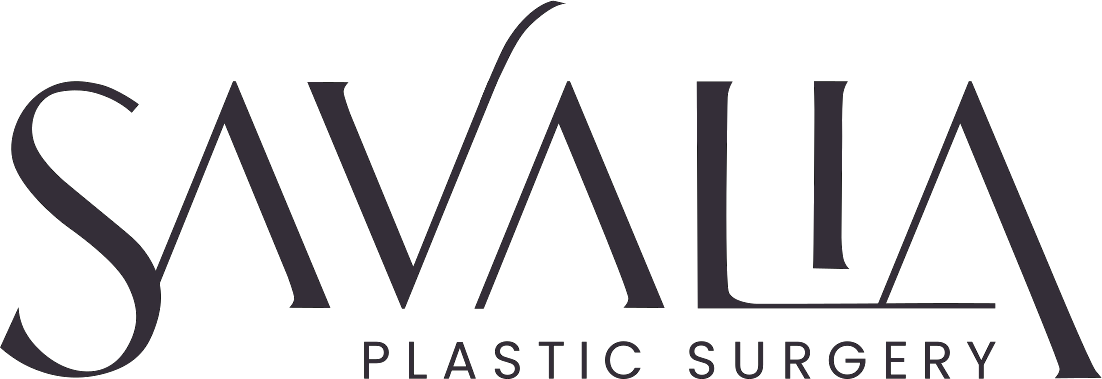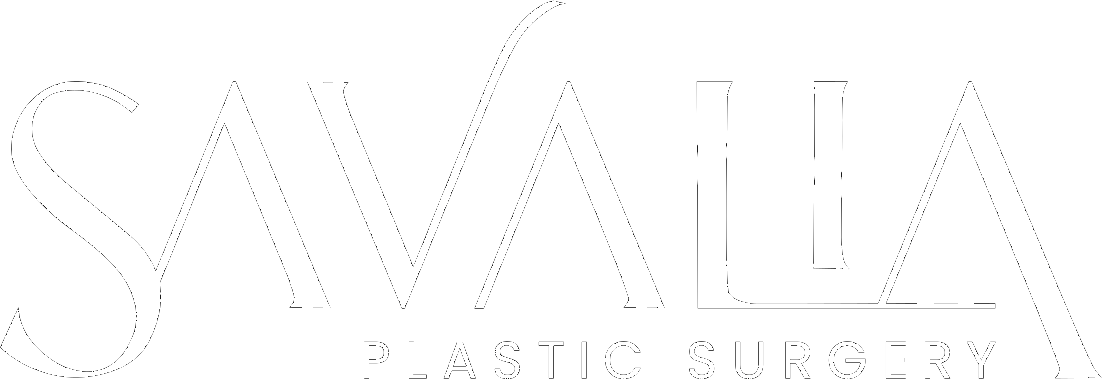Body Dysmorphic Disorder (BDD): When Perception Doesn’t Match Reality
BDD is a mental health condition where a person becomes fixated on perceived flaws—often ones that are minor or even invisible to others. It’s not vanity; it’s distress.
Signs a Patient May Have BDD:
- They obsess over a specific feature, spending excessive time checking or trying to hide it.
- They’ve had multiple procedures but remain unsatisfied.
- They avoid social situations due to appearance concerns.
- Loved ones say, "I don’t see what you’re talking about."
- Their self-esteem is entirely tied to their appearance.
Example: A patient gets a rhinoplasty but immediately shifts focus to their jawline, then their cheeks, never feeling "fixed."
Healthy Cosmetic Goals: Enhancement, Not Perfection
A healthy cosmetic patient seeks improvement, not perfection. They have realistic expectations and understand that surgery is a tool—not a cure for deeper insecurities.
Signs of a Balanced Approach:
- The patient wants to refresh or refine, not completely alter their appearance.
- Their motivation is personal confidence, not external pressure.
- They accept that no procedure can guarantee happiness.
- They listen to professional advice—even if it’s "You don’t need this."
Example: A mom wanting a tummy tuck after pregnancy to restore her pre-baby body—not to look like a 20-year-old influencer.
Why This Matters in Cosmetic Surgery
For Patients:
- Unrealistic expectations lead to disappointment. No surgery can fulfill the desire for "flawlessness."
- Repeated procedures increase risks. Scarring, complications, and poor outcomes become more likely.
- Emotional distress worsens. Without addressing underlying BDD, dissatisfaction persists.
For Our Practice:
- Ethics come first. Our duty is to do no harm—even if that means declining surgery.
- Long-term trust is everything. Patients appreciate honesty, even when it’s not what they want to hear.
- Natural, balanced results = happy patients. Over-treatment leads to unnatural looks and regret.
How We Assess Patients’ Motivations
During consultations, we look for clarity, realism, and emotional health. Here’s how we approach it:
Key Questions We Ask:
1. "What are you hoping to change, and why?"
- "I’ve always been self-conscious about my nose." → Understandable.
- "If I fix this, my life will finally be perfect." → Red flag.
2. "How long have you been considering this?"
- Years of thought → Likely a well-considered decision.
- Impulsive desire → Needs further discussion.
3. "What do loved ones say about your concerns?"
- "They support me." → Good sign.
- "They don’t get it—I know it’s bad." → Potential BDD.
4. "Have you had previous procedures? Were you satisfied?"
- "Yes, and I loved my results!" → Healthy perspective.
- "No, I still hate it." → Concern for BDD.
When We Recommend Waiting (or Alternative Support):
- If a patient can’t articulate their goals clearly.
- If they expect surgery to solve non-appearance-related problems (career, relationships, self-worth).
- If they have a history of multiple revisions without satisfaction.
In these cases, we may suggest:
✔ A cooling-off period (e.g., "Let’s revisit in 6 months.")
✔ Non-surgical options first (e.g., skincare, filler, therapy)
✔ A referral to a mental health professional (if BDD is suspected)
Our Commitment: Safe, Ethical, and Empowering Care
Cosmetic surgery can be life-changing in the best way—when the patient’s goals are rooted in self-care, not self-criticism. Our role isn’t just to perform procedures; it’s to guide patients toward choices that truly serve their well-being.
For Patients Considering Surgery:
✅ Focus on feeling like the best version of yourself—not someone else.
✅ Seek a surgeon who listens, educates, and prioritizes your safety.
✅ If you’re unsure about your motivations, talk to a therapist first.
For Fellow Providers:
🔹 Screen with care. Look beyond the request—understand the why.
🔹 Don’t be afraid to say no. Ethical practice builds long-term trust.
🔹 Collaborate with mental health professionals. Some patients need support beyond surgery.
The Takeaway
Healthy cosmetic goals = "I want to enhance what I have."
Body dysmorphia = "I need to fix what’s wrong with me."
At our practice, we’re committed to helping patients navigate this distinction with compassion and expertise. Because the best results aren’t just about looking good—they’re about feeling confident, balanced, and at peace with yourself.
If you’re considering a procedure, we’re here to help you explore your options safely. Book a consultation—let’s talk about what’s right for you.
Have questions about cosmetic surgery and emotional readiness? Our team is happy to discuss. Drop a comment or contact us—we’re here to guide you.



